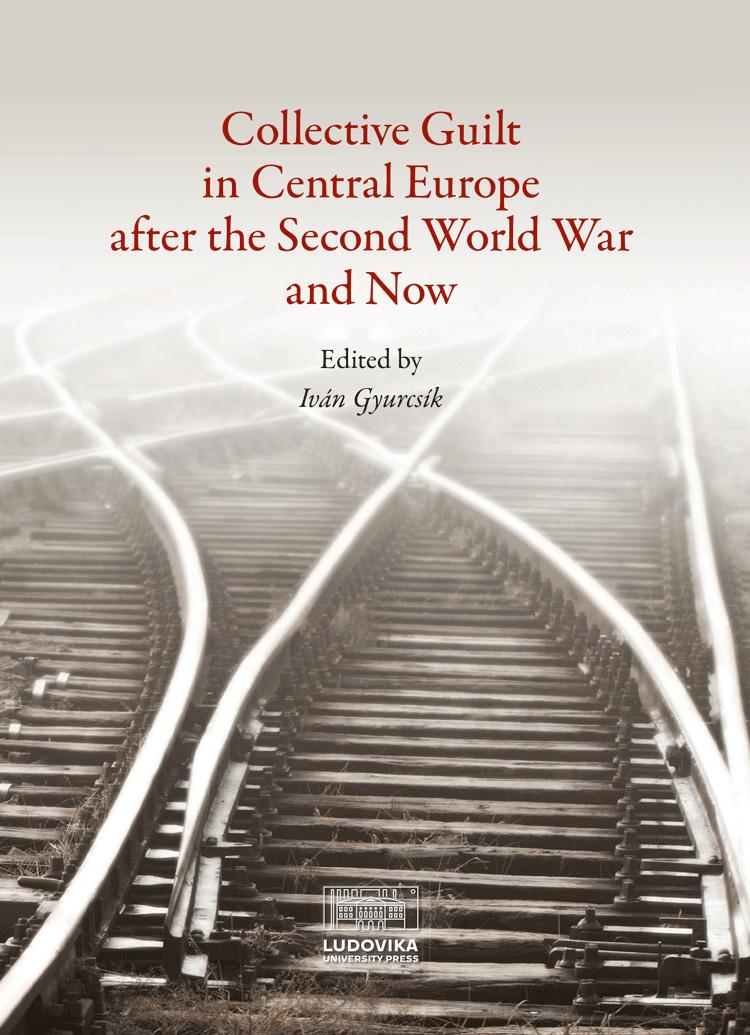Introduction
Synopsis
Allow me to make a few introductory remarks. Since biblical times, we have witnessed various forms of collective guilt, collective responsibility and collective punishment, which have appeared through the 20th century to the present, in world wars and post-war periods, and have been particularly linked to totalitarian regimes.
After 1989, with the joining of the countries of the region to the Council of Europe, the signing of bilateral treaties and the accession to the EU and NATO, the issue of minority rights was officially considered legally settled.
With the help of invited experts, we would like to present some examples of the implementation of the principle of collective guilt against certain communities in the region, from the post-World War II period to the difficult reconciliation process after the democratic changes of 1989–1990.
What happened after 1945 and then after 1989, and where are we now?
Majority nations and national minorities experienced freedom in 1989 together rather than apart, in opposition to each other in Central Europe. During the past hundred years, for the first time, an unprecedented opportunity has arisen to settle and rethink the relationship between majority nations and national minorities within the framework of freedom and democracy. I would like to raise three issues connected to the question of collective guilt: the need for apology, the practices of reconciliation and addressing the issues of the past.
(Extract from the Introduction)



.svg)
